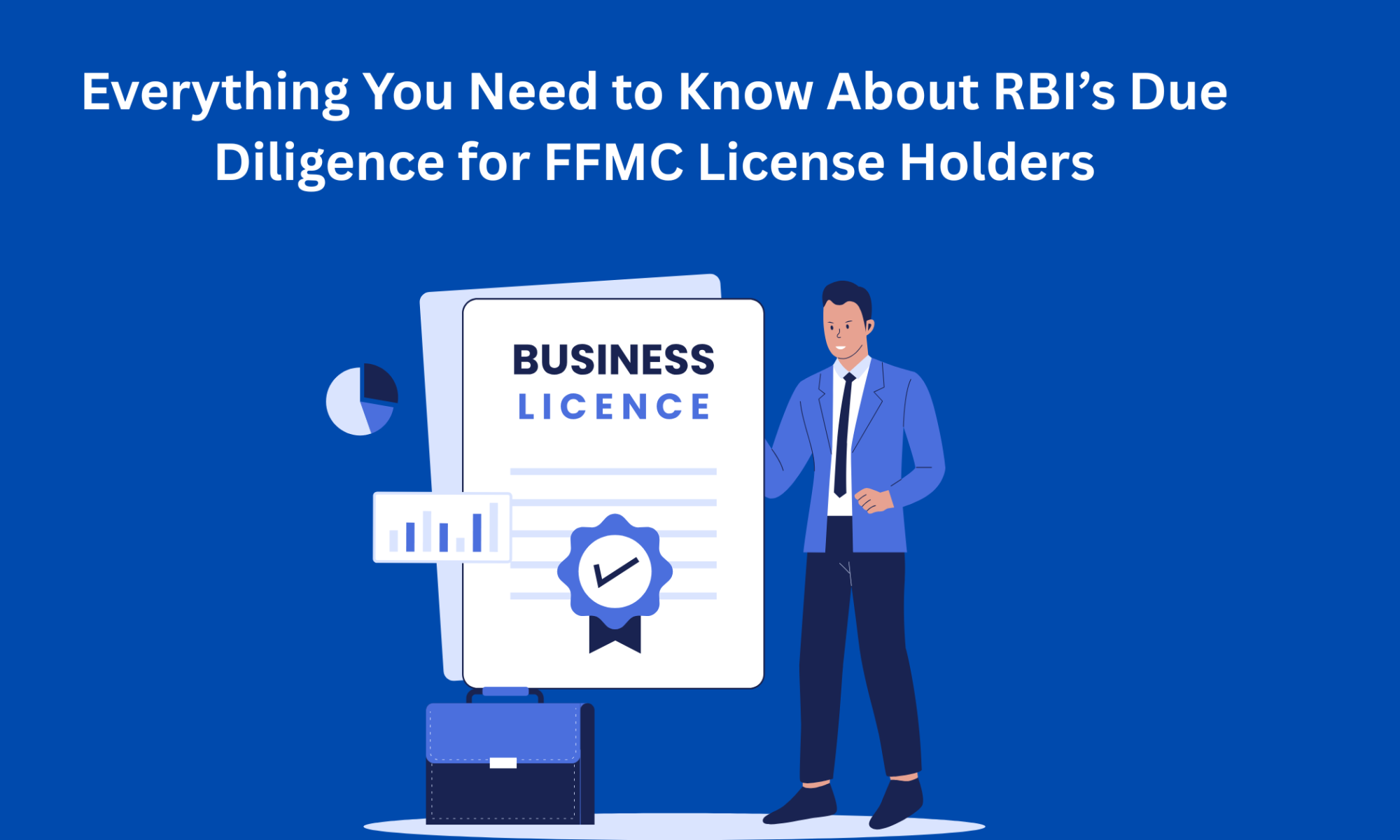The world of investing is undergoing a dramatic transformation, and at the forefront of this change are Millennials and Gen Z investors. While traditional investment avenues like fixed deposits, mutual funds, and real estate still have their place, younger investors are increasingly turning towards Alternative Investment Funds (AIFs) to diversify their portfolios, achieve higher returns, and explore niche markets.
Why AIFs Appeal to Millennials and Gen Z
Millennials and Gen Z bring a different mindset to investing. Unlike previous generations, they prioritize:
- Diversification beyond stocks and bonds.
- Higher-risk, higher-reward opportunities aligned with their financial goals.
- Technological ease in accessing investment platforms.
- Impact investing — putting money into ventures that also align with personal values.
AIFs, which include hedge funds, private equity, venture capital, infrastructure funds, and more, fit perfectly into these preferences.
The Digital Shift: Easy Access to AIFs
One of the main reasons for the rising interest among younger investors is the convenience of Online AIF Registration in India. Today, the entire process — from exploring fund options to completing AIF Registration Online in India — can be done digitally, without tedious paperwork.
With the availability of AIF Registration Consultants, new investors can get expert guidance on fund categories, compliance requirements, and legal formalities. This has lowered entry barriers for first-time alternative investors who may have limited knowledge but a strong appetite for opportunities.
Trends Driving Millennial and Gen Z Participation in AIFs
- Technology-First Investing – Mobile apps and digital portals allow investors to browse, compare, and register for AIFs within minutes.
- Education & Awareness – Social media, financial blogs, and investment webinars are educating young investors about Alternative Investment Fund Registration in India.
- Global Outlook – Exposure to global financial trends is influencing Indian youth to explore alternatives beyond domestic equities.
- Networking & Peer Influence – Millennials and Gen Z often rely on peer recommendations, investment clubs, and online communities before committing to AIFs.
Benefits of Online Alternative Investment Fund Registration in India
- Convenience: No need for physical visits — complete your AIF registration process from anywhere.
- Expert Guidance: Work with an AIF Registration Consultant to ensure smooth onboarding.
- Transparency: Online platforms provide clear insights into fund performance, risk factors, and returns.
- Speed: Faster processing compared to traditional offline registration.
Conclusion
Millennials and Gen Z are reshaping the investment ecosystem in India by embracing Alternative Investment Funds. Their tech-savvy approach, appetite for innovation, and openness to non-traditional assets are making AIFs a mainstream choice.
With Online Alternative Investment Fund Registration in India and expert consultancy services, entering the AIF space has never been easier. This generational shift isn’t just a trend — it’s the future of investing.










